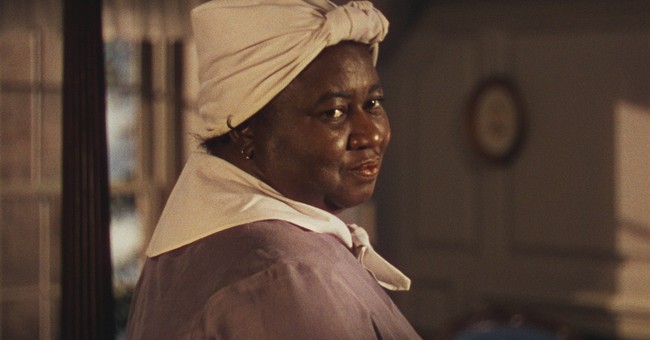
A very interesting conundrum developed Tuesday when HBO Max decided to temporarily remove the 1939 classic cinematic masterpiece “Gone With the Wind” from its available offerings because the film depicts events that take place during the American South at a time when the region embraced slavery during and immediately following the Civil War.
That conundrum was this: if the film version of “Gone With the Wind” is forever memory-holed, then the accomplishment of Hattie McDaniel, who played Mammy to the very English Vivian Leigh’s Southern belle Scarlett O’Hara, would go down the memory hole as well. And that accomplishment is very much something we as a society would certainly hate to lose. Because McDaniel was the first African-American to win an Oscar. And we won’t even discuss the fact that she was a woman.
Despite the very snippy remarks about this fact from some of the people who seem very interested in keeping everyone angry for the foreseeable future, like Wajahat Ali here, who if I recall correctly, played an instrumental role in having the NY Times opinion page editor fired over the Tom Cotton op-ed:
For those who are citing Hattie McDaniel's win for Gone With The Wind, please also share she wasn't allowed to sit at table with her film's white colleagues and fellow nominees. They put her at a small, isolated table far away.
— Wajahat "Social Distance Yourself" Ali (@WajahatAli) June 10, 2020
The fact is that regardless of how McDaniel was treated by Hollywood — and thank God we’ve much improved beyond that silliness — if we can never speak of the film we have no context to discuss her stellar accomplishment. Which is also true of the Civil War in general. If we cannot speak of those periods in time and the evils and triumphs it gave the world should we do away with problematic films like “Django Unchained,” “Amistad,” and “Roots”? And do we lose the context to discuss how we’ve improved? Because we have improved. And we keep improving.
But perhaps HBO Max figured that out since they made the decision to return it with commentary that puts the film in context and offers the appropriate denouncement of the indignities and inhumanity of the time.
“Gone With the Wind is a product of its time and depicts some of the ethnic and racial prejudices that have, unfortunately, been commonplace in American society,” an official statement to The Hollywood Reporter reads. “These racist depictions were wrong then and are wrong today, and we felt that to keep this title up without an explanation and a denouncement of those depictions would be irresponsible. These depictions are certainly counter to WarnerMedia’s values, so when we return the film to HBO Max, it will return with a discussion of its historical context and a denouncement of those very depictions, but will be presented as it was originally created, because to do otherwise would be the same as claiming these prejudices never existed. If we are to create a more just, equitable, and inclusive future, we must first acknowledge and understand our history.”
And McDaniel herself, in accepting her win and facing the trials of trying to find other work in Hollywood (which was decidedly not the South during the Civil War), seems to have embodied something we’ve all forgotten today: how to be gracious while the rest of the world grows up and catches up.
A list of winners had leaked before the show, so McDaniel’s win came as no shock. Even so, when she was presented with the embossed plaque given to supporting winners at the time, the room was rife with emotion, wrote syndicated gossip columnist Louella Parsons: “You would have had the choke in your voice that all of us had.” The daughter of two former slaves gave a gracious speech about her win: “I shall always hold it as a beacon for anything I may be able to do in the future. I sincerely hope that I shall always be a credit to my race and the motion picture industry.”
But Hollywood’s highest honor couldn’t stave off the indignities that greeted McDaniel at every turn. White Hollywood pigeonholed her as the sassy Mammy archetype, with 74 confirmable domestic roles out of the IMDb list of 94 (“I’d rather play a maid than be a maid,” was her go-to response). The NAACP disowned her for perpetuating negative stereotypes. Even after death, her Oscar, which she left to Howard University, was deemed valueless by appraisers and later went missing from the school — and has remained so for more than 40 years. Her final wish — to be buried in Hollywood Cemetery — was denied because of the color of her skin.
We still have a lot to learn from Hattie McDaniel. By the way, the film “shot to the top of Amazon’s movies and TV bestseller list overnight and on Wednesday occupied the number 1 slot, the number 8 slot and the number 9 slot. It did so in different iterations: DVD, Blu-ray and the 70th Anniversary Edition.”
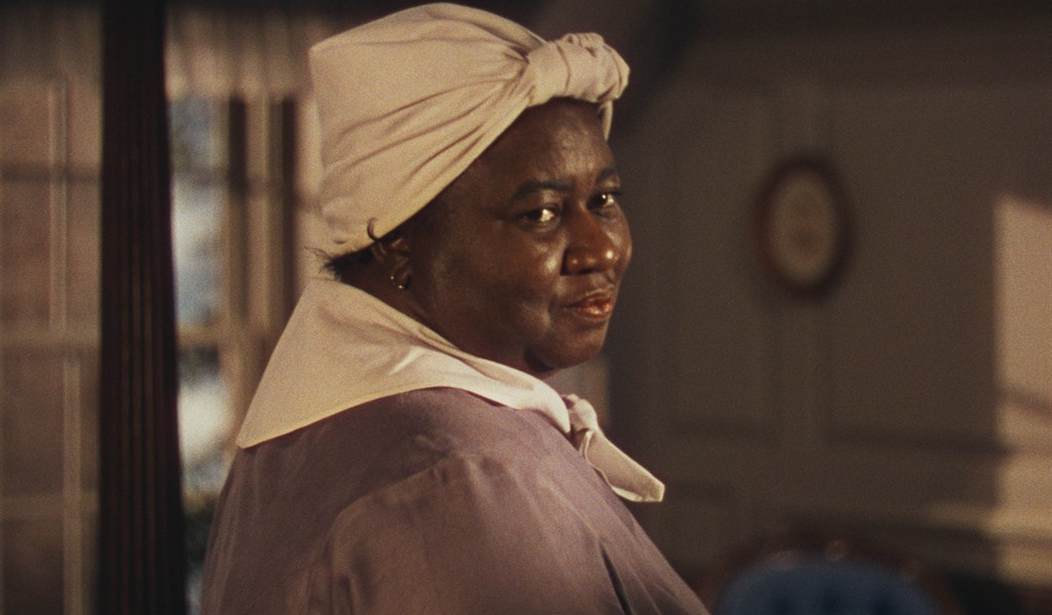
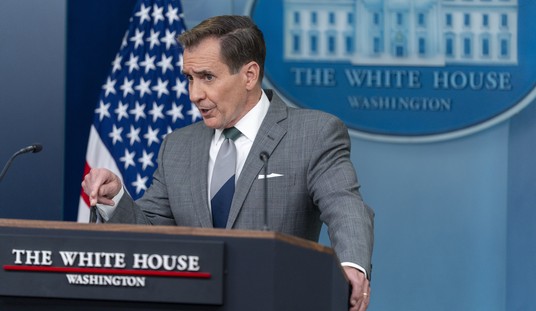


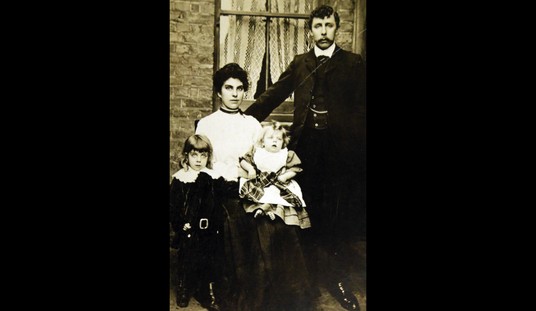
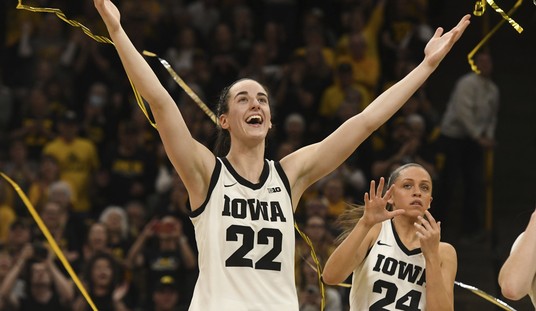
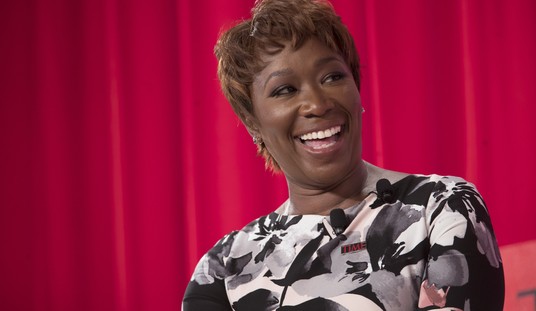





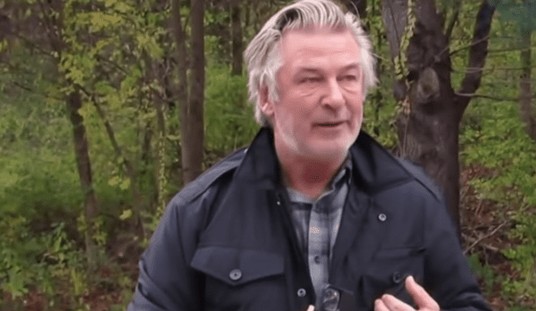
Join the conversation as a VIP Member